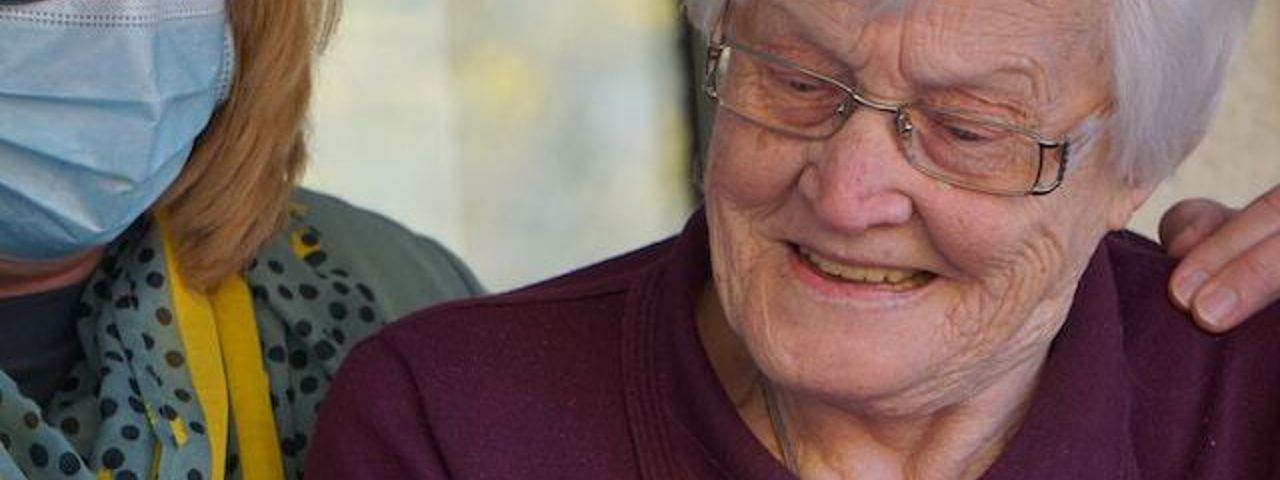
Chemotherapy treatment
Your doctor at the Berkshire Cancer Centre has prescribed a course of treatment for you. You may be feeling anxious about how the treatment may affect you. This section talks you through chemotherapy and the chemotherapy service at the Berkshire Cancer Centre.
We hope the information on this webpage will answer most of your questions and help you feel informed to discuss your treatment with the doctors and nurses. Our medical and nursing staff are here to answer any questions you or your family may have.
The majority of chemotherapy is given as a day treatment. This means you come in for your treatment and can go home on the same day. In some cases, for example, where a longer treatment is required or because of the nature of a particular cancer, patients need to be admitted to hospital as an impatient for chemotherapy.
As your treatment progresses, you are likely to have different questions, please do ask your team, and they will always be happy to chat things through with you.
Please watch this short introductory video by Macmillan, which talks you through what chemotherapy is and how it is used to treat cancer.
Our chemotherapy helpline
If you need to speak to a chemotherapy nurse for advice about your treatment or side effects, please call our emergency out of hours number: 0118 322 7762 24hrs/7 days
Please call the chemotherapy helpline number 0118 322 7762 if you have any queries, but it is particularly important if you are experiencing any of the following:
- Feeling very unwell or having symptoms of infection, even if you don’t have a temperature
- Nausea and vomiting that is not controlled by your medication
- Diarrhoea that lasts longer than 24 hours or is very severe
- A sore mouth that prevents you eating or drinking
- A persistent cough
- Blood in your urine or stools
- Bleeding not controlled by general first-aid
- Bruises or small blood spots which appear on your body
- Pain not controlled by medication.
- Any issues with your PICC / Hickman / Port
